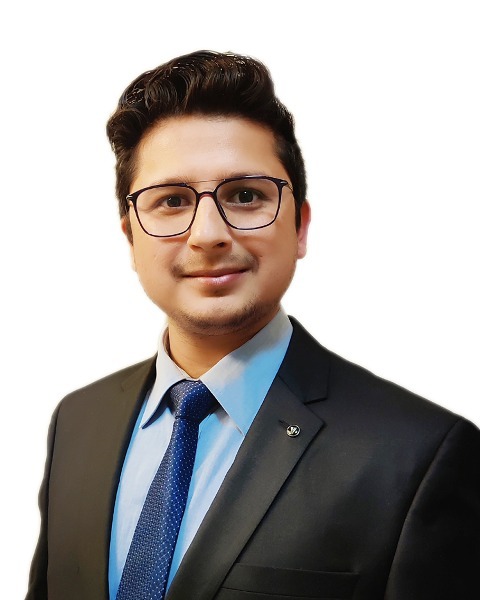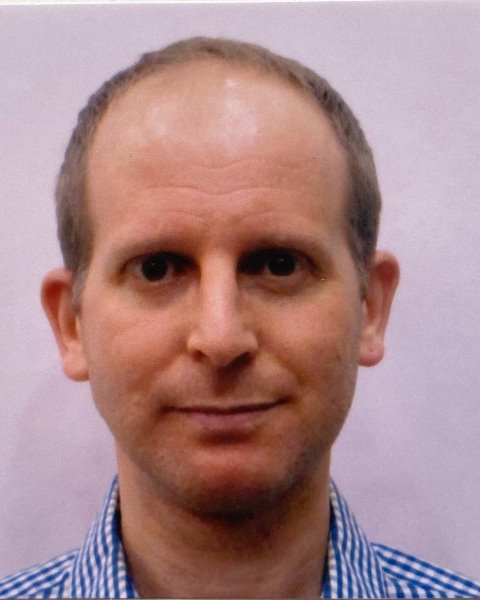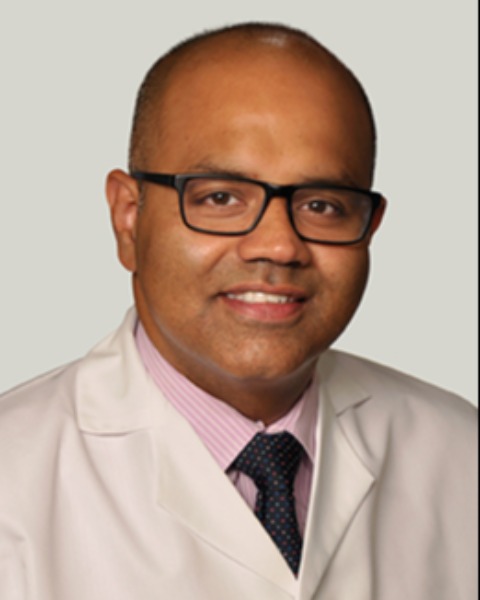PSM
non-CME
P53: Therapeutic Implications of Germline Testing in Peritoneal Mesothelioma
.jpg)
Varun V. Bansal, MBBS (he/him/his)
Research Fellow
Division of Surgical Oncology, Yale University
New Haven, Connecticut, United StatesDisclosure information not submitted.
.jpg)
Varun V. Bansal, MBBS (he/him/his)
Research Fellow
Division of Surgical Oncology, Yale University
New Haven, Connecticut, United StatesDisclosure information not submitted.

Ankit Dhiman, MBBS, MS (he/him/his)
General Surgery Resident
Department of Surgery, Medical College of Georgia, Augusta University, Augusta, GA
Augusta, Georgia, United StatesDisclosure information not submitted.
- OM
Owen Mitchell, BS
Research Coordinator
Department of Medicine, Section of Hematology/Oncology, University of Chicago Medical Center, United StatesDisclosure information not submitted.
- HW
Hunter D. D. Witmer, MD, MBA
Resident
Department of Surgery, Section of General Surgery and Surgical Oncology, University of Chicago Medical Center, United StatesDisclosure information not submitted.

Yaniv Berger, MD
Surgical Oncology Research Fellow
University of Chicago
Chicago, Illinois, United StatesDisclosure information not submitted.
- CO
Cecilia T. Ong, MD
Fellow
Department of Surgery, Section of General Surgery and Surgical Oncology, University of Chicago Medical Center. Chicago, United StatesDisclosure information not submitted.
- FG
Frederick A. Godley, IV, MD, MBA
Resident
Department of Surgery, Section of General Surgery and Surgical Oncology, University of Chicago Medical Center. Chicago, United StatesDisclosure information not submitted.
- BR
Biren Reddy, BS
Research Assistant
Department of Surgery, Section of General Surgery and Surgical Oncology, University of Chicago Medical Center, United StatesDisclosure information not submitted.
.jpg)
Oliver S. Eng, MD (he/him/his)
Associate Professor of Surgery
University of California, Irvine, United StatesDisclosure(s): Tempus Labs, Inc.: Speaker (Ongoing)
- HK
Hedy L. Kindler, MD
Professor
Department of Medicine, Section of Hematology/Oncology, University of Chicago Medical Center, United StatesDisclosure information not submitted.

Kiran K. Turaga, MD, MPH (he/him/his)
Chief of Surgical Oncology, Professor of Surgery
Yale University
New Haven, Connecticut, United StatesDisclosure information not submitted.
Poster Presenter(s)
Author(s)
Prior work from our group demonstrated that patients with peritoneal mesothelioma (PeM) may harbor clinically significant germline mutations (GMs). We hypothesized that specific GMs may be associated with meaningful differences in clinical outcomes depending on treatment strategy.
Methods:
Patients with PeM referred to our program are recommended research-based germline testing and undergo prospective data collection in our mesothelioma registry. Clinical management strategies were retrospectively analyzed to augment this prospective database. Survival analyses were performed using Cox regression modeling.
Results:
Of 123 patients diagnosed between 2009-21, 84 (68%) patients underwent GM testing. Twenty-three (27.4%) patients had GMs. Therapeutic strategies included cytoreductive surgery (CRS) ± HIPEC without peri-operative therapy (30.4% vs. 21.3% non-GM), CRS ± HIPEC with peri-operative therapy (43.5% vs. 49.1% non-GM) and chemo-immunotherapy alone (17.4% vs. 23.0% non-GM). Patients with BAP-1, CHEK2, CDKN2A, LIG4, and ATM GMs treated with curative-intent CRS had favorable overall survival from surgery [n=12; Median survival not reached; 5-year survival probability 88.9%] compared to non-GM patients [n=34; Median survival 69.0 (CI 18.9-119.1) months; 5-year survival probability 57.2%] (p=0.046); however, this trend was not significant after multi-variate adjustment (p=0.132). Conversely, patients with CD36, EPCAM, and WT1 GM had worse overall survival [n = 3; Median survival 32 (CI 30.4-33.6) months; 5-year survival probability 0%] compared to non-GM patients (p=0.225). Addition to peri-operative therapy (n=5/12, 41.7%) for patients with favorable GM did not improve survival (p = 0.157).
Conclusions:
High prevalence of GMs in patients with PeM warrants routine germline testing for these patients. Patients with favorable GM may benefit from CRS/HIPEC alone as a solitary upfront strategy without peri-operative therapy.
Learning Objectives:
- Identify treatment approaches for peritoneal mesothelioma (PeM)
- Appreciate the relatively high prevalence of germline mutations (GMs) in patients with PeM
- Discuss potential clinical implications of GMs in PeM in terms of management and survival
